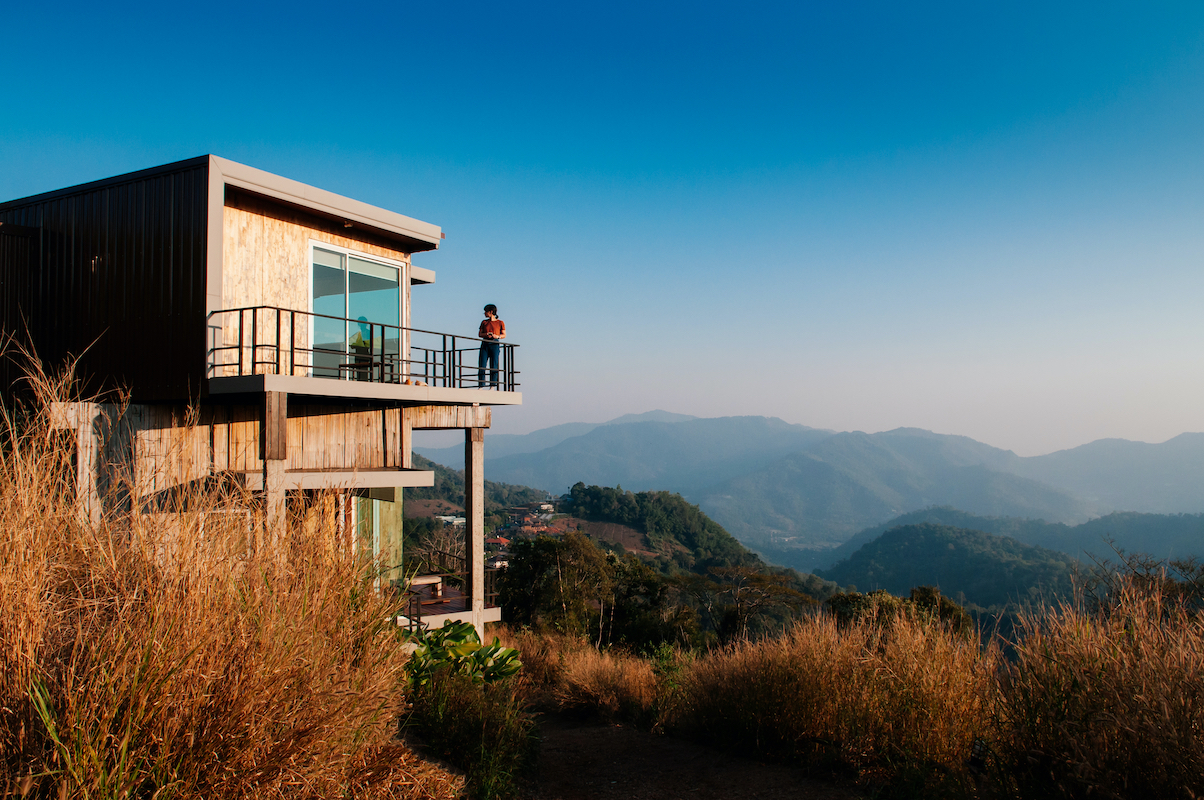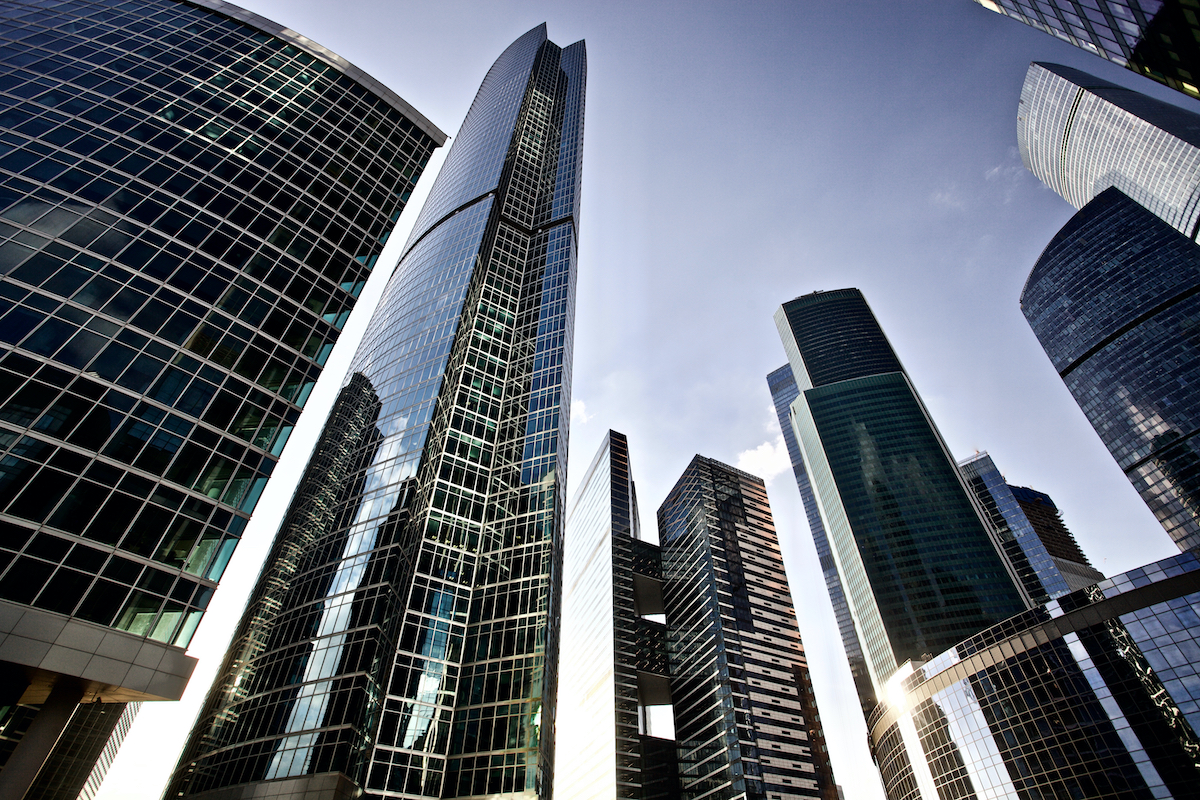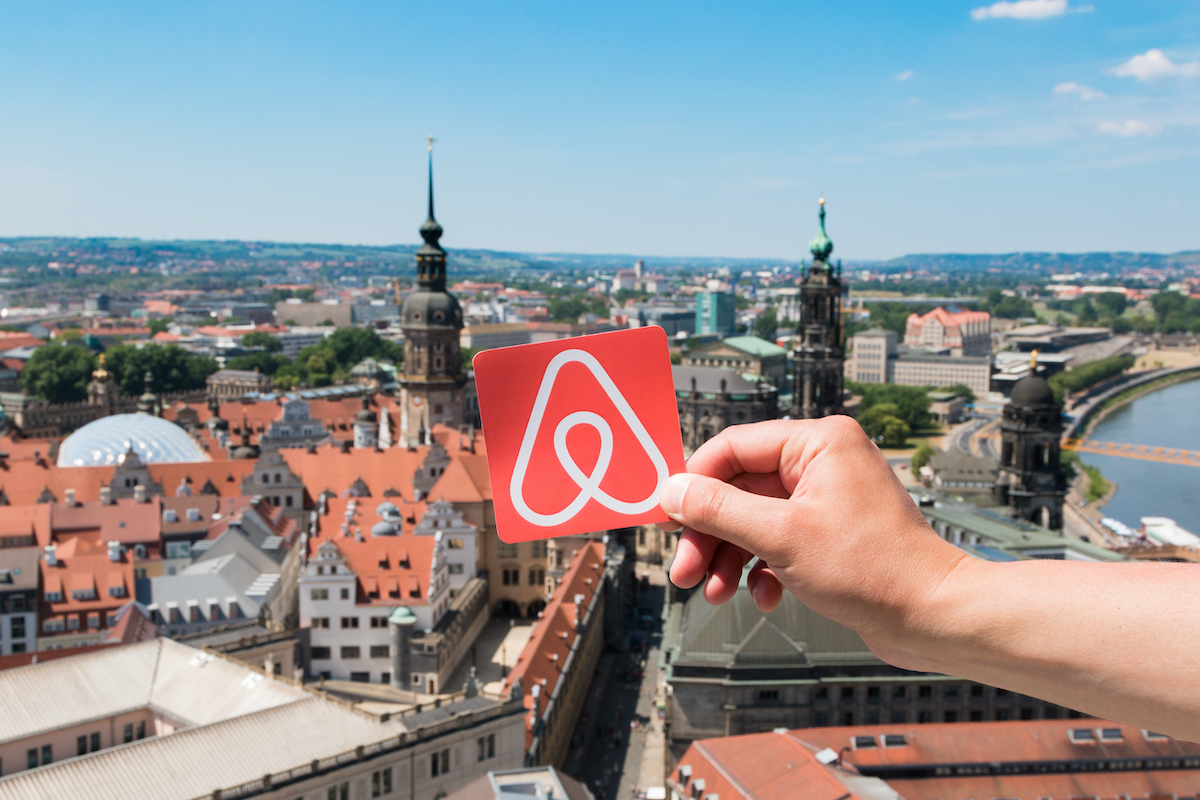This website uses cookies so that we can provide you with the best user experience possible. Cookie information is stored in your browser and performs functions such as recognising you when you return to our website and helping our team to understand which sections of the website you find most interesting and useful.
The New Ultras
By Lysanne Currie | 6 September 2021 | Wealth
As more individuals become Ultra-High Net Worth than ever before, we take a look at the seven ways the mega-rich are leading change

The number 21, says The Economist’s Tom Standage, is connected with ‘luck, risk, taking chances and rolling the dice’ and, for the world’s ‘New Ultras’, that seems to be true of 2021. The quantity of ultra-high net worth individuals – usually defined as those having investable assets of more than $30m – grew by 24% worldwide in 2020, the fastest rate of increase since 2003.
According to the Credit Suisse Global Wealth Report, more than five million people became millionaires during the pandemic. “Wealth creation in 2020 appears to have been completely detached from the economic woes resulting from Covid-19,” it says, adding that lower interest rates and government interventions have had a significant impact on wealth creation. “There has been a huge transfer [of wealth] from the public sector to the household sector, which is one of the reasons why household wealth has been so resilient.”
Put simply, says economist Anthony Shorrocks, author of the report: “Global wealth not only held steady in the face of such turmoil, but in fact rapidly increased in the second half of the year.” But will that luck continue post-pandemic and beyond? Here are the seven key trends we can expect to see within this growing demographic.

FLEXIBLE LIVING
Working from home, online shopping, remote learning. These have become the new normal for many during Covid-19. Although these will not need to continue to the same extent as during lockdowns, nor can we expect them to be dropped entirely, given the popularity of some new business models such as remote personal shopping appointments and subscription packages.
“Companies in every industry will need to combine analytics to monitor customer behaviour with the agility to respond quickly to new patterns of demand,” says Standage.
An increased demand for sustainability and transparency is also predicted to grow: “Companies face demands from employees and customers to take stands on climate change and racial justice, areas where politicians have done too little. More than ever, CEOs need to be politicians,” he says.
Standage also predicts that on the back of the UN climate conference this November: “2021 could come to be seen as the year when the world got serious about tackling climate change”.

THE JET SET
According to The Global Wealth Report’s key findings, while there’s been reduced desire to travel (even if travel were possible), almost a quarter of UHNWIs are nevertheless planning to apply for a second passport or citizenship – a “remarkable 50% growth in a year”.
Meanwhile development land from London to New York, Helsinki to Madrid remains a popular property investment. Perhaps understandably, there’s been an uptick in demand for private flights, too; such as those offered by Sentinel Aviation, which provides travel free from airport crowds or linking flights, and offers high levels of onboard hygiene.

REGENERATIVE TRAVEL
In the post-pandemic world, holidays that centre on sun-loungers by the pool have been shunned in favour of meaningful travel experiences that resonate on a deeper emotional level.
This intense demand is driving travel brands to create more adventurous personalised vacations, attuned to local culture that inspire consumers toward a path of self-discovery. UHNWIs have been flocking to the likes of the Extraordinary Adventure Club, which offers epic journeys for mind, body and soul, or experiential travel companies such as Black Tomato, which offers reconnects clients to themselves.

RELOCATION, RELOCATION
While the headlines may have suggested wealthy urbanites were fleeing high-density areas to set-up in more rural locations, New York is actually still the top choice for ultra-high net worth individuals. In fact, the city that never sleeps boasts a footprint of 25,000 UHNWIs. There was, however, an increased appetite for diversifying one’s property portfolio.
“UHNW homeowners are not exiting their primary urban markets, but expanding their real estate footprints into other markets that suit various aspects of their lives,” says REALM founder Julie Faupel.
According to the Knight Frank 2021 Wealth Report, 26% of UHNWIs plan to buy a new home [this year], with the biggest driver the desire to upgrade main residences. In particular, rural and coastal properties, and large open spaces.
“The pandemic is supercharging demand for locations that offer a surfeit of wellness – think mountains, lakes and coastal hotspots,” it says. Lake Como (near Milan, with thriving airports and international schools) is proving especially popular, as are luxury villas in Thailand.

SHOP ’TIL YOU DROP
Luxury investment continues, with handbags topping Knight Frank’s Objects of Desire List with a price increase of 17%. Fine wine also weathered the pandemic well, seeing an increase of 13%, while cars came third on the list. Nonetheless, with the pandemic came much time to reflect, and one way this manifested among wealthy individuals was a rethink of their shopping habits.
More than a third of UHNWIs from France, the UK and the USA reported that the pandemic has made them question their consumption of luxury goods, while more than 40% of UHNWIs are said to be more interested in environmental, social and governance (ESG) focused investments than 12 months ago. The young super-rich are increasingly focusing on sustainable luxury, placing more importance on locally produced products, for example.
This new focus has also led to an increase in borrowing rather than buying, with affluent consumers hiring designer clothes from the likes of Mother of Pearl and Depop. After Carrie Symonds wore a £2,900 bohemian gown by fashion designer Christos Costarellos (rented
for less than £45) for her wedding to prime minister Boris Johnson in May, online rental portal Hurr reported a 268% surge in bridal hire.

ETHICAL INVESTING
85% of HNW clients now prefer to invest in companies that they trust or have strong ethics. According to Norman Alex bank, “61% [of investors] say that a transparent investment process is the most important proof point of a responsible wealth management organisation… Millennials continue to have a broader frame of reference than other clients and are more likely to consider customer feedback and satisfaction, the use of socially responsible investing screening, and company statements on culture.”
This will include such factors as companies’ carbon footprints, a diverse and inclusive workforce, and fair treatment of employees. Now is the time for wealth managers to pursue a genuinely client-led agenda.

“Instead of sorting clients by their wallets, they must differentiate them by their needs and use behavioral insights to unlock new sources of value,” says Anna Zakrzewski, Managing
Director & Partner of Boston Consulting Group (BCG). “And instead of letting complexity and cost dictate the pace of innovation, they must let clients set the tempo, employing digital platforms and cross-functional teams to speed go-to-market and to scale impact.”
The most successful wealth managers will be those highly attuned to the New Ultras’ needs, says the BCG: those who “have longer investment horizons, a greater appetite for risk, and often a desire to use their wealth to create positive societal impact as well as solid returns.”

A GENERATION OF STORYTELLERS
Super-rich leaders are learning the art of storytelling and power of branding, to build customer loyalty and to generate new business.
“Brand storytelling is an essential part of any modern business,” says a Walpole Insight piece, “creating companies that are both profitable and captivating, with distinct personalities and narratives behind them”.
The New Ultras are less likely to be ‘hermits’ and instead create a carefully considered narrative that demonstrates who they are and what they are trying to achieve in the world.







